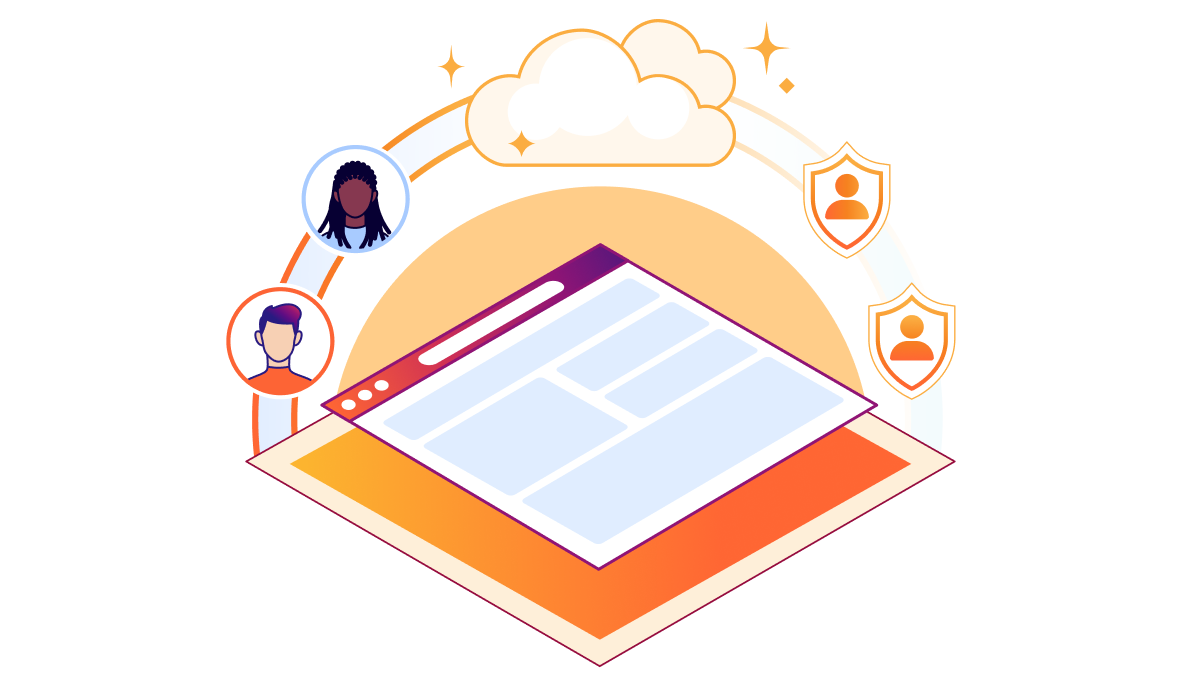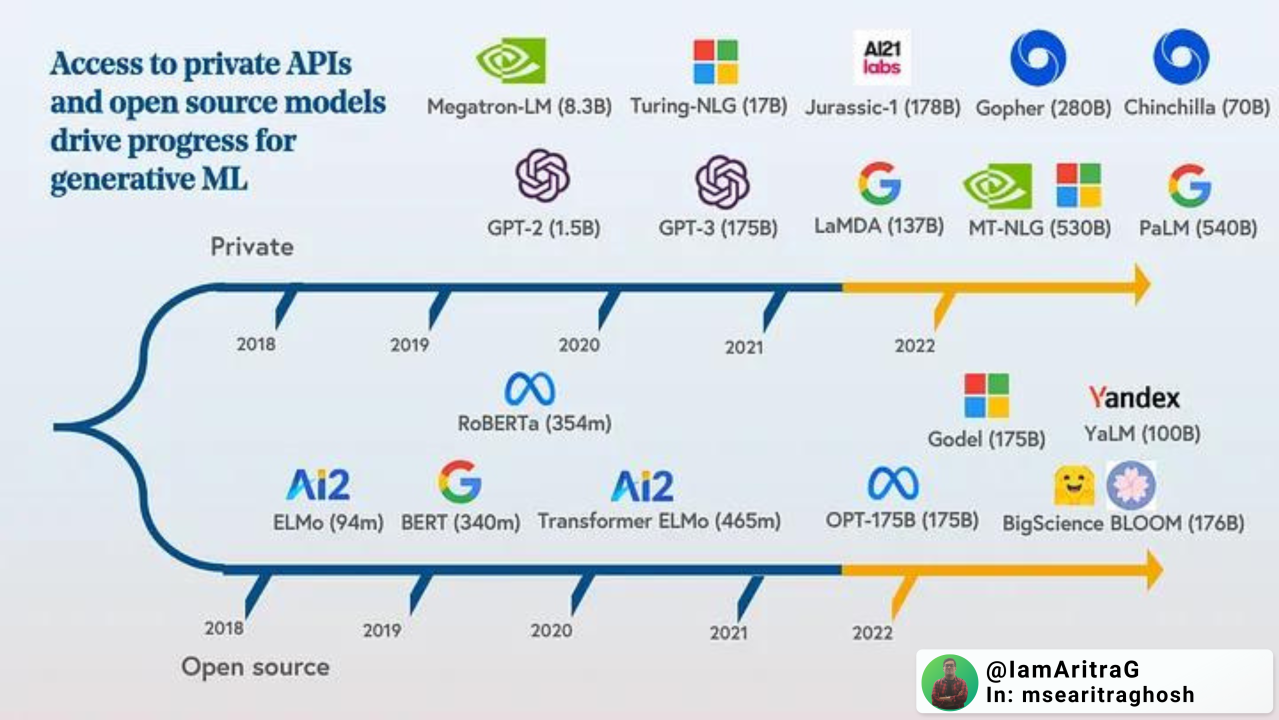Cloudflare Vs. LaLiga: Court Case Over Illegal Blocking Of Encrypted Client Hello

Table of Contents
Understanding Encrypted Client Hello (ECH) and its Importance
Encrypted Client Hello (ECH) is a crucial extension to the Transport Layer Security (TLS) protocol, designed to enhance user privacy during the initial handshake between a client (like a web browser) and a server (like a website). Before ECH, network observers could easily see which websites a user was attempting to access. This compromised user privacy and opened the door to various forms of surveillance and censorship. ECH mitigates this by encrypting the Client Hello message, masking the intended destination from prying eyes.
ECH works by encrypting the Server Name Indication (SNI) field within the Client Hello message before it's sent over the network. The SNI typically reveals the domain name the user is trying to reach. By encrypting this information, ECH prevents eavesdroppers from learning the user's destination. This is particularly important in environments where network surveillance is prevalent or where users may be concerned about their browsing habits being tracked.
- ECH masks the website a user intends to visit. This prevents onlookers from knowing what sites a user accesses.
- Protects user privacy from network observers. This shields users from various forms of surveillance and censorship.
- Enhances security by preventing certain types of attacks. Encrypted communication from the start reduces the vulnerability to various attacks targeting the initial connection phase.
LaLiga's Arguments for Blocking Encrypted Client Hello
LaLiga, the Spanish professional football league, argued that ECH facilitated widespread piracy of their copyrighted content. They claimed that individuals and groups engaged in illegal streaming of their matches used ECH to obscure their activities, making it difficult for them to identify and block access. LaLiga presented evidence suggesting that a significant portion of their revenue was lost due to this piracy. They argued that the use of ECH by pirates effectively hindered their anti-piracy efforts, necessitating the blocking of ECH to protect their intellectual property.
- Allegations of widespread piracy impacting revenue. LaLiga cited substantial financial losses due to unauthorized access to their content.
- Claim that ECH hindered their anti-piracy efforts. They argued that ECH made it significantly harder to identify and block illicit access points.
- Argument for the need to identify and block illegal access. Their position focused on the necessity of taking measures to protect their intellectual property rights.
Cloudflare's Defense Against Illegal Encrypted Client Hello Blocking
Cloudflare, a major content delivery network (CDN), vehemently opposed LaLiga's actions. They argued that blocking ECH was a violation of user privacy and potentially opened the door to widespread abuse. Cloudflare emphasized the importance of maintaining an open and secure internet, where user privacy is paramount. They highlighted the potential for governments and other entities to misuse ECH blocking to censor online content or conduct mass surveillance.
- Argument that blocking ECH is a violation of user privacy. Cloudflare stressed the inherent right of users to browse the internet privately and securely.
- Concerns about potential for abuse by governments and other entities. They warned of the dangers of setting a precedent that could be exploited for oppressive purposes.
- Emphasis on the importance of maintaining a secure and open internet. Cloudflare championed the principles of internet freedom and user autonomy.
The Court's Decision and its Ramifications
The court's decision in the Cloudflare vs. LaLiga case (specific details would need to be inserted here based on the actual court ruling, if available) significantly impacted the legal landscape surrounding ECH blocking. The ruling (insert details of ruling) set a precedent that will influence future cases concerning the balance between copyright protection and user privacy online. The legal reasoning behind the decision (insert legal reasoning) will be carefully analyzed by legal experts and internet privacy advocates.
- Outcome of the case for both parties. (Insert outcome for Cloudflare and LaLiga)
- Legal precedent set by the decision. (Summarize the legal precedent set)
- Potential implications for future internet regulations. (Discuss potential future legislative changes)
Impact on ISPs and Content Providers
The court's decision has significant implications for Internet Service Providers (ISPs) and content providers. ISPs may face pressure to implement ECH blocking technologies, potentially compromising user privacy. Content providers, on the other hand, will need to re-evaluate their anti-piracy strategies, looking for alternatives to ECH blocking that respect user privacy. The case highlights the need for more sophisticated and privacy-respecting methods of combating online piracy.
Conclusion
The Cloudflare vs. LaLiga case highlights the complex interplay between copyright protection, user privacy, and the use of technologies like Encrypted Client Hello. The court's decision sets a significant precedent, impacting how organizations approach online piracy and user privacy. The debate underscores the need for a balanced approach that protects both intellectual property rights and fundamental online freedoms. The ruling’s impact extends far beyond the immediate parties involved, influencing future legal battles and technological developments in online content protection.
Call to Action: Stay informed on the evolving legal landscape surrounding Encrypted Client Hello blocking and its implications for internet security and user privacy. Understanding the nuances of this technology and its legal ramifications is crucial in navigating the challenges of online content protection and user rights. Learn more about the implications of Encrypted Client Hello blocking and its impact on the digital world.

Featured Posts
-
 Can The Padres Beat The Yankees Predicting A 7 Game Winning Streak
May 16, 2025
Can The Padres Beat The Yankees Predicting A 7 Game Winning Streak
May 16, 2025 -
 Androids Design Evolution A Deep Dive Into The New Look
May 16, 2025
Androids Design Evolution A Deep Dive Into The New Look
May 16, 2025 -
 What Is Creatine And Should You Take It A Complete Guide
May 16, 2025
What Is Creatine And Should You Take It A Complete Guide
May 16, 2025 -
 Knicks Fans Petition Replace Lady Libertys Face With Jalen Brunson
May 16, 2025
Knicks Fans Petition Replace Lady Libertys Face With Jalen Brunson
May 16, 2025 -
 Elon Musks Alleged Paternity Of Amber Heards Twins The Ongoing Debate
May 16, 2025
Elon Musks Alleged Paternity Of Amber Heards Twins The Ongoing Debate
May 16, 2025
